Traditional festivals are an indispensable part of the spiritual and cultural life of Vietnamese people, a link between the past and the present. Each festival will have a distinct color but all share a spirit of goodness; towards the origin, to show gratitude to those who have contributed to the homeland and the country. Carrying the wishes of early spring, immersing in the sacred atmosphere of the festival, people's hearts seem to be in harmony with nature and the universe. The richness of early spring festivals not only has historical significance but is also an attractive spiritual and cultural tourism product that is increasingly developing. However, how can traditional festivals truly become a "thread" that unites the community and has the meaning of educating morality, historical traditions; preserving, enriching and promoting cultural identity? That is the content of the exchange between Ha Nam Newspaper reporter and Mr. Ngo Thanh Tuan, Deputy Director of the Department of Culture - Sports and Tourism.
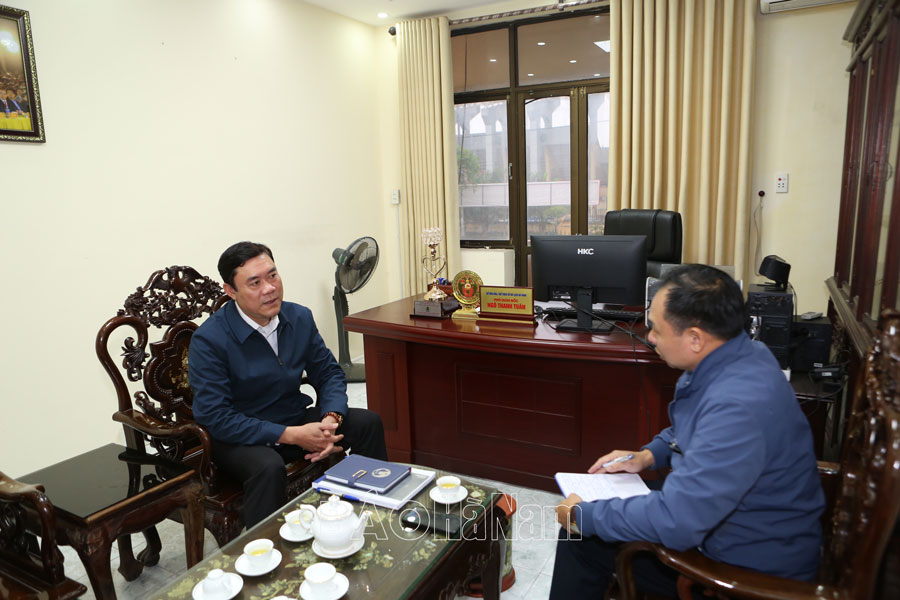
PV : According to incomplete statistics, Ha Nam currently has about 1,880 historical and cultural relics and hundreds of traditional festivals maintained and organized annually. From January to March of the lunar calendar alone, Ha Nam has had dozens of festivals restored and opened, attracting the participation of a large number of people and tourists from all over. Does that mean that traditional cultural values have been and are being promoted, sir?
Mr. Ngo Thanh Tuan: That's right! The fact that hundreds of traditional festivals are maintained and organized every year reflects the rich spiritual life of the people, blending into the cultural flow of the nation. Faced with rapid changes in the socio -economic development situation in the period of renovation and international integration, people's outlook on life has also changed, clearly reflected in traditional festivals. From the reality of managing and organizing annual festivals in localities in the province, it can be affirmed that festivals are miniature images of folk culture with literary forms such as: legends, myths, legends, genealogies, funeral orations, steles, etc.; performing arts including: performances, folk songs, folk dances, etc.; religions, customs and beliefs with rituals, ceremonies, games, folk performances, customs, worship, etc.
Festivals are often associated with villages and places, aiming to satisfy spiritual needs and strengthen community awareness. Many cultural and spiritual elements are preserved and passed down from generation to generation, becoming invaluable cultural heritages of the nation. Festivals are also a bridge between the past and the present, helping today's generation understand the contributions of their ancestors and be more proud of the traditions of their homeland and country; they are a vivid reflection of tradition, community cultural identity as well as a symbol of the spirit of community cohesion that has been nurtured from generation to generation. Regardless of the festival, whether it is an agricultural festival, a historical festival, honoring gods or national heroes, it always promotes cultural values and the strength of the community on all levels, and is the glue that creates community cohesion. In terms of educational significance, festivals are the process of dramatizing social life, simulating and vividly recreating historical characters and events that took place in the past in the form of ceremonies, performances and folk games. The educational value of festivals is expressed in the return to the roots. That reminds everyone in the community of lessons about morality, traditions of ancestors, village history and national history. Festivals are spiritual cultural activities expressing people's feelings towards ancestors and gods to pray for protection and blessing from supernatural forces. People come to festivals to show their respect to ancestors and predecessors, reminding everyone to remember their duties and responsibilities towards grandparents, ancestors and clans, praying for a peaceful, healthy and successful life. Festivals are also an opportunity to satisfy people's spiritual life, these are sacred moments, full of sympathy and community spirit.
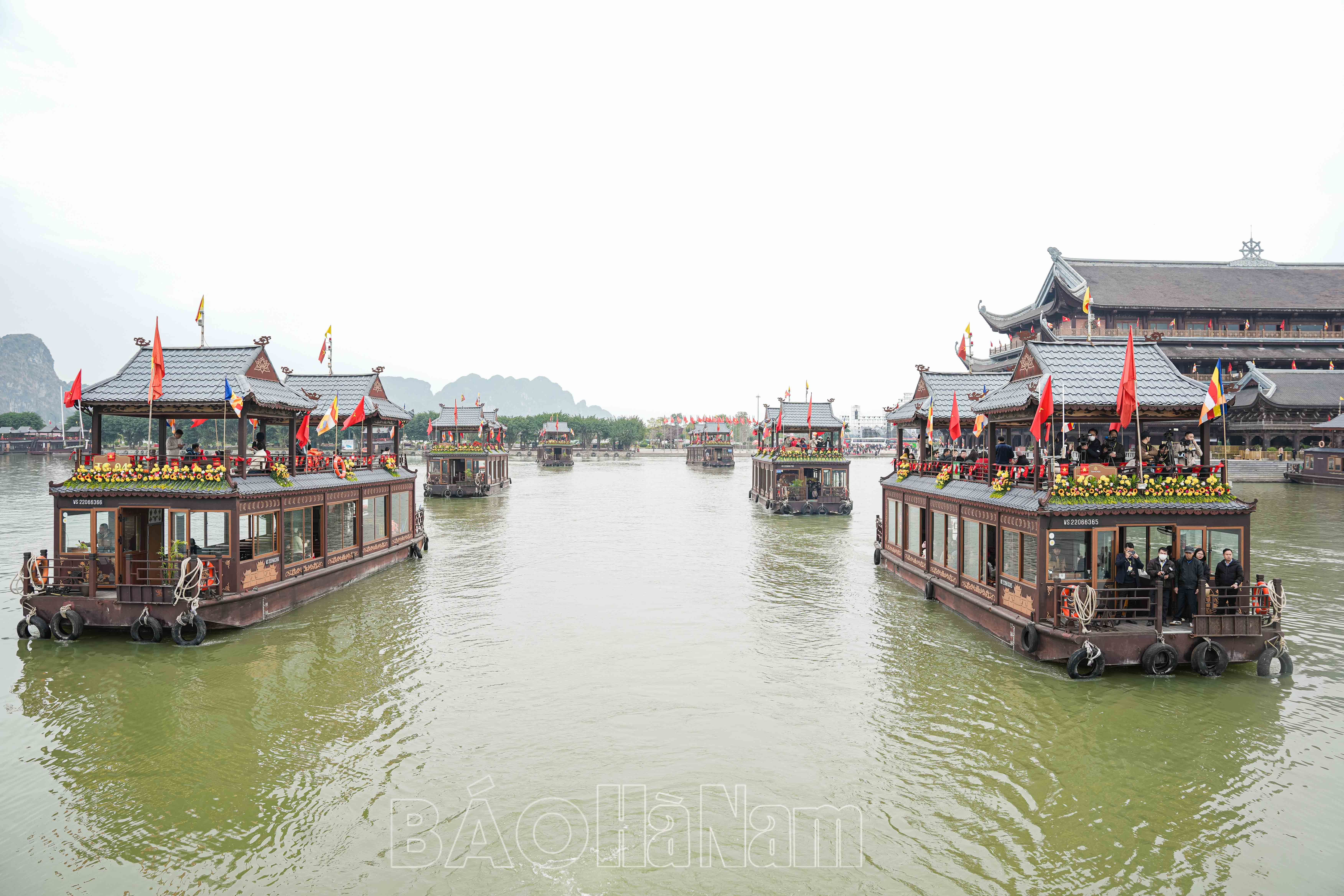
PV: However, there are still many opinions that, besides positive factors, some festivals have been and are tending to commercialize, follow trends... negatively affecting the spirit of the festival. What is your opinion on this issue?
Mr. Ngo Thanh Tuan: In fact, in most traditional festivals, the people are the ones who organize, create, recreate community cultural activities and enjoy spiritual cultural values. Through the reality of the major festivals restored in early spring in Ha Nam in particular, and the whole country in general, it shows that the value of festivals is not only in the cultural aspect but also in the economic value. Because festivals are also unique tourism products, creating an attractive spiritual cultural tourism environment, a factor that creates relaxation and cultural behaviors. The joyful and sacred atmosphere of the festival day makes each person get rid of the worries and troubles of everyday life, promoting the creative work process, living more compassionately and lovingly. Festivals are a special product, bringing high economic value, creating favorable conditions for economic development and introducing and spreading the cultural characteristics of the nation and region to domestic and foreign tourists. Thus, the festival itself carries special economic value, economic and spiritual cultural tourism.
However, due to the limited awareness of festivals among some people, the organization and management of festivals in some localities have not really received attention; many entertainment activities in festivals still follow the taste, lack aesthetics, affecting the general spirit of the festival... But that is just a situation of "one bad apple spoiling the barrel", most of the festivals held in Ha Nam over the years have carried the spirit of goodwill, praying for national peace and prosperity, and bountiful harvests.
PV: Does that mean that the awareness of the government and people in the management and protection of relics; especially in the organization and participation in festivals, has had positive changes, in accordance with each stage of historical development and the cultural flow of the nation, sir?
Mr. Ngo Thanh Tuan: The restoration of a number of major festivals in Ha Nam in recent years has contributed significantly to the preservation and promotion of traditional cultural values. Typically, the Tich Dien Festival (Tien Son commune, Duy Tien) is held on the 7th of January and the Festival of distributing Luong Duc Thanh Tran at Tran Thuong Temple (Tran Hung Dao commune, Ly Nhan) is held on the 15th of January every year. These festivals not only show respect, preserve and promote local cultural values, encourage agricultural development; commemorate the contributions and sacrifices of our ancestors in the cause of fighting foreign invaders, protecting independence, sovereignty and building the country, but also are important milestones marking the cultural heritage that will last forever with history, with the beautiful mountains and rivers of Vietnam; affirm the typical, unique values, and unique features of the cultural treasure created by generations of Ha Nam people through historical periods.
However, culture is a continuous flow, so regardless of the historical development stage, traditional and historical values must be promoted. Not only in the organization of festivals, but also in raising people's awareness in managing, preserving and protecting the value of relics.
PV: So, in your opinion, to continue promoting the good cultural values of traditional festivals, we must first correctly identify the nature of the festivals; and link the restoration of festivals with the work of preserving and promoting the value of relics?
Mr. Ngo Thanh Tuan: Currently, the movement to restore, upgrade and innovate festivals nationwide in general has shown signs of ostentation and formality to attract tourists and seek profit. In some traditional festivals, there is a tendency to commercialize and emphasize material benefits, right in the festival activities, turning the sacred space of the festival into a place to "sell gods and saints" for profit. This makes the festival lose its inherent sacredness. Moreover, many people come to the festival not for the purpose of doing good, praying for national peace, people's well-being, and prosperity, but for the purpose of personal gain and ambition.
With the concept of “the world is like the afterlife”, many people buy offerings, high trays of food; with the concept that the more offerings and votive paper, the more money and status the gods will give them. This situation has caused distorted and negative thoughts to appear, losing the meaning and good values of traditional festivals, making festivals, temples, pagodas... no longer places to visit, cultural activities spaces, nor places to nurture people's souls and positive thoughts. It is this negative attitude that has distorted the good concepts and values of traditional festivals, affecting the cultural and spiritual life of today's society.
Therefore, to promote the good cultural values of traditional festivals, first of all, we need to make all classes of people understand the role of spiritual life and beliefs in bringing peace of mind, creating faith in life so that people can boldly and confidently face real life, establish themselves and make life increasingly prosperous and happy.
Because, when realizing and understanding the good values in the philosophy of life through traditional festivals, people will have ways and measures to promote the effectiveness in their lives and in each position, status, and role of each person in society, there will be appropriate ways to spread those good values in all areas of social life, contributing to building a healthy, progressive cultural and spiritual life, becoming an endogenous driving force for sustainable development of the country.
PV: Thank you very much!
Minh Thu (Performed)
Source: https://baohanam.com.vn/du-lich/le-hoi-dau-xuan-su-ket-noi-giua-qua-khu-va-hien-tai-149001.html


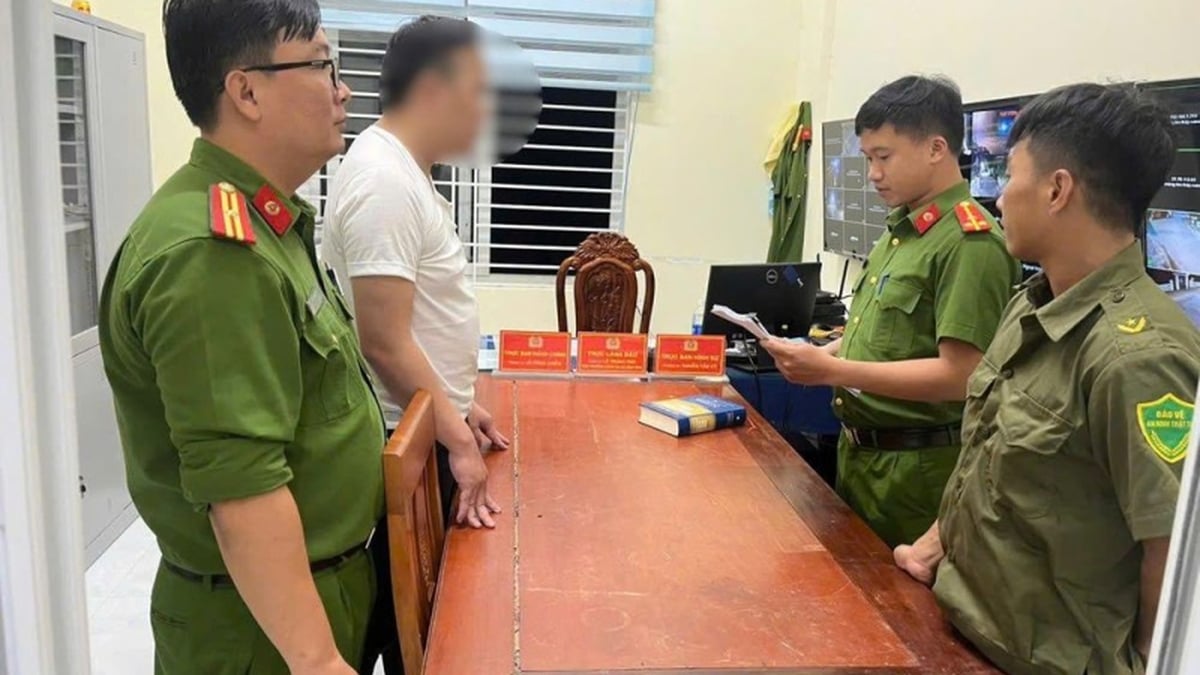
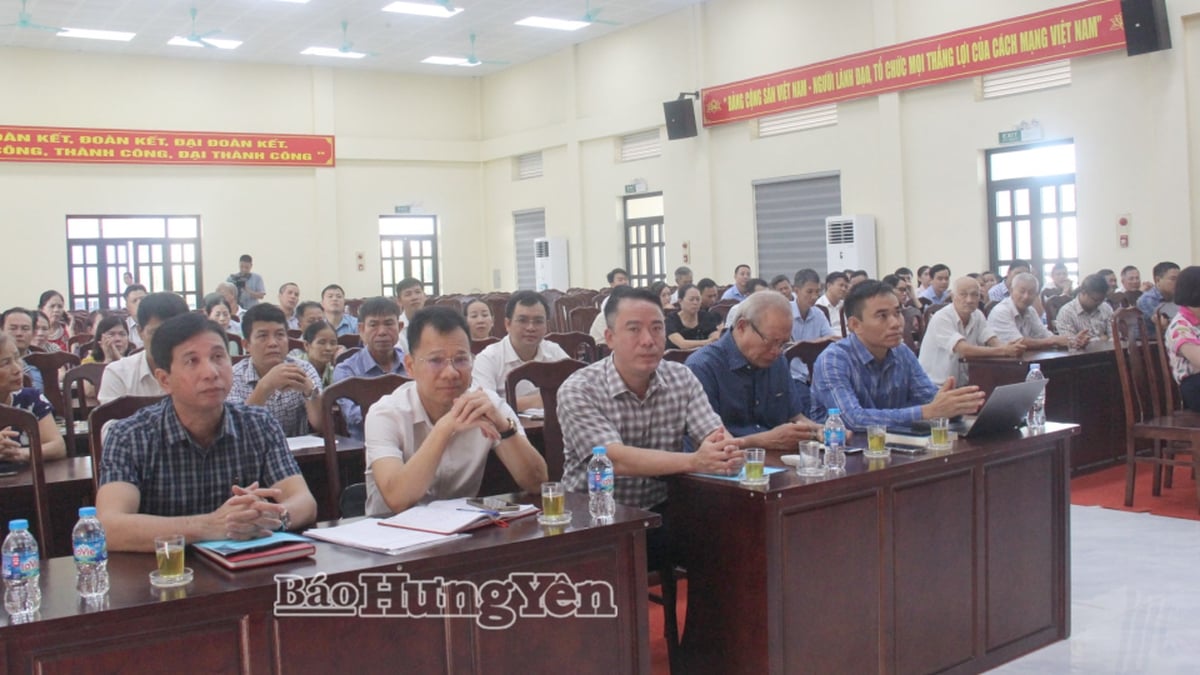


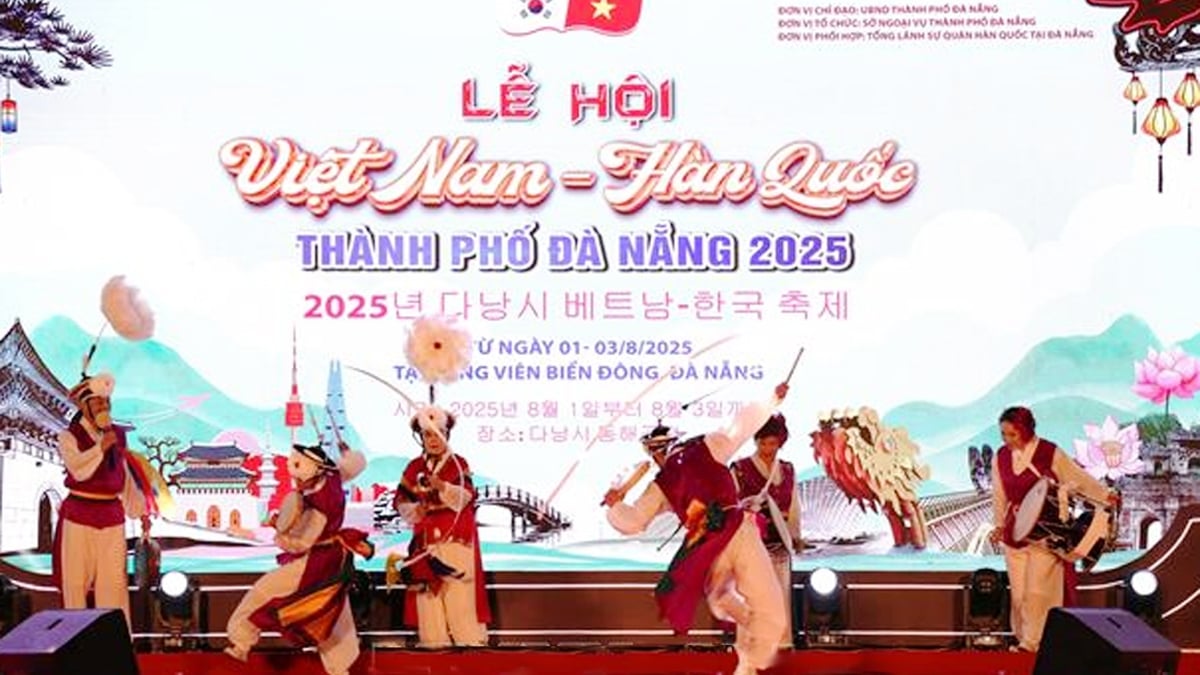
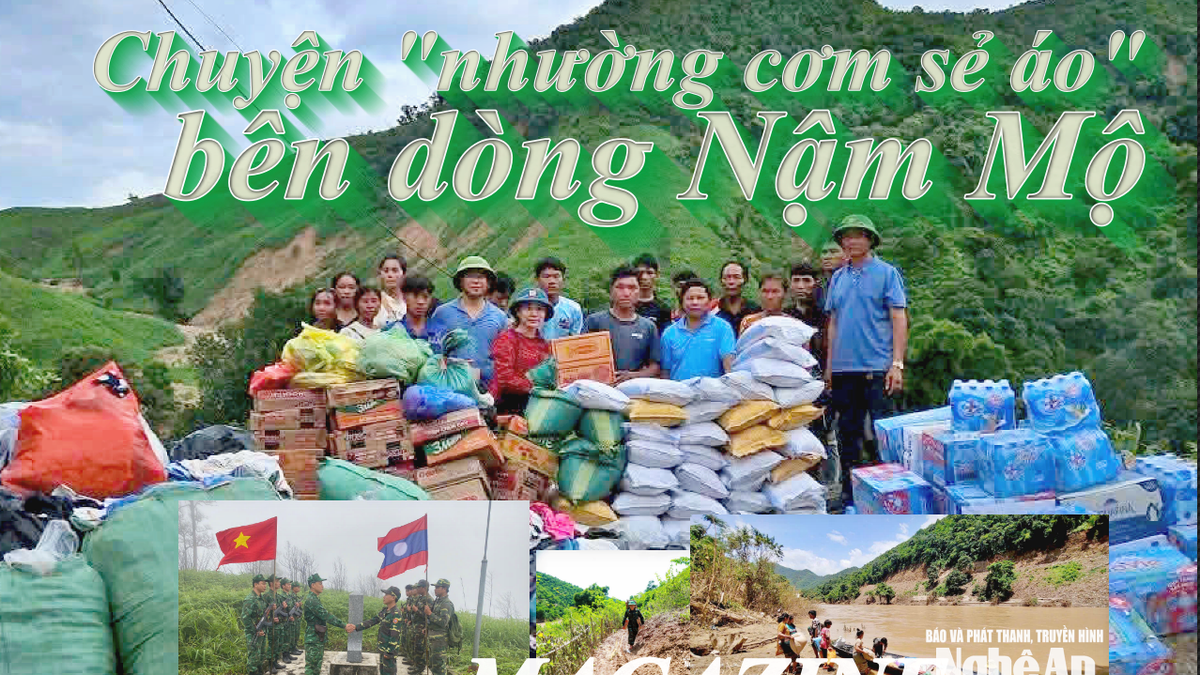

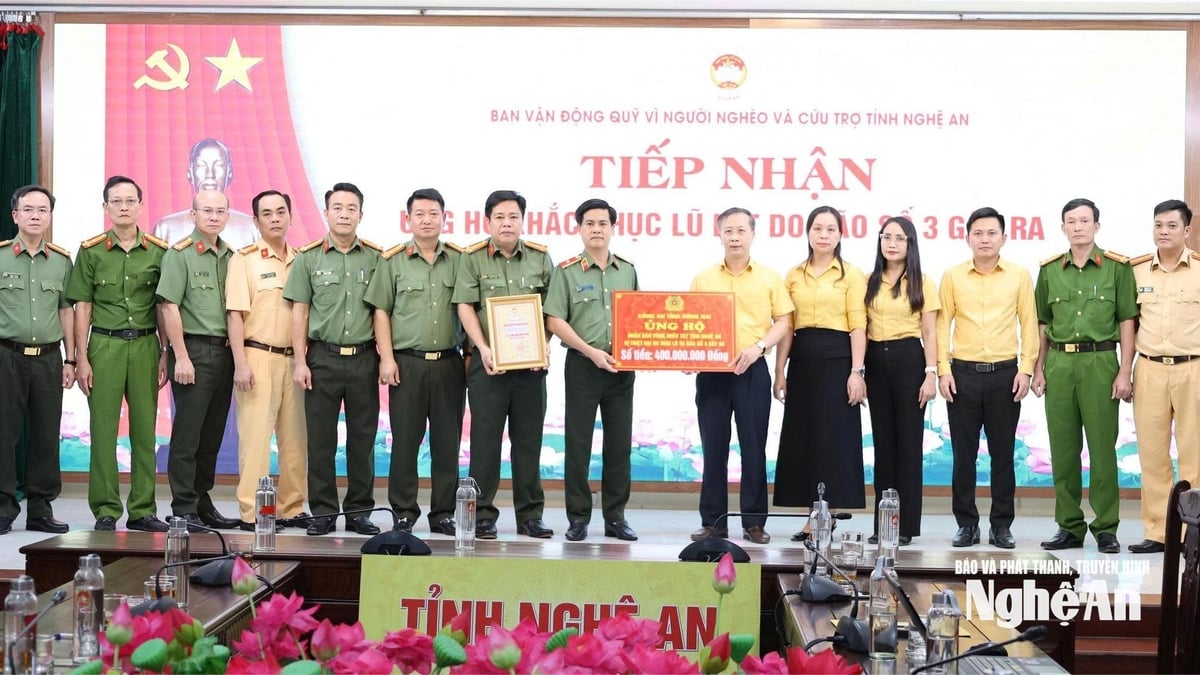
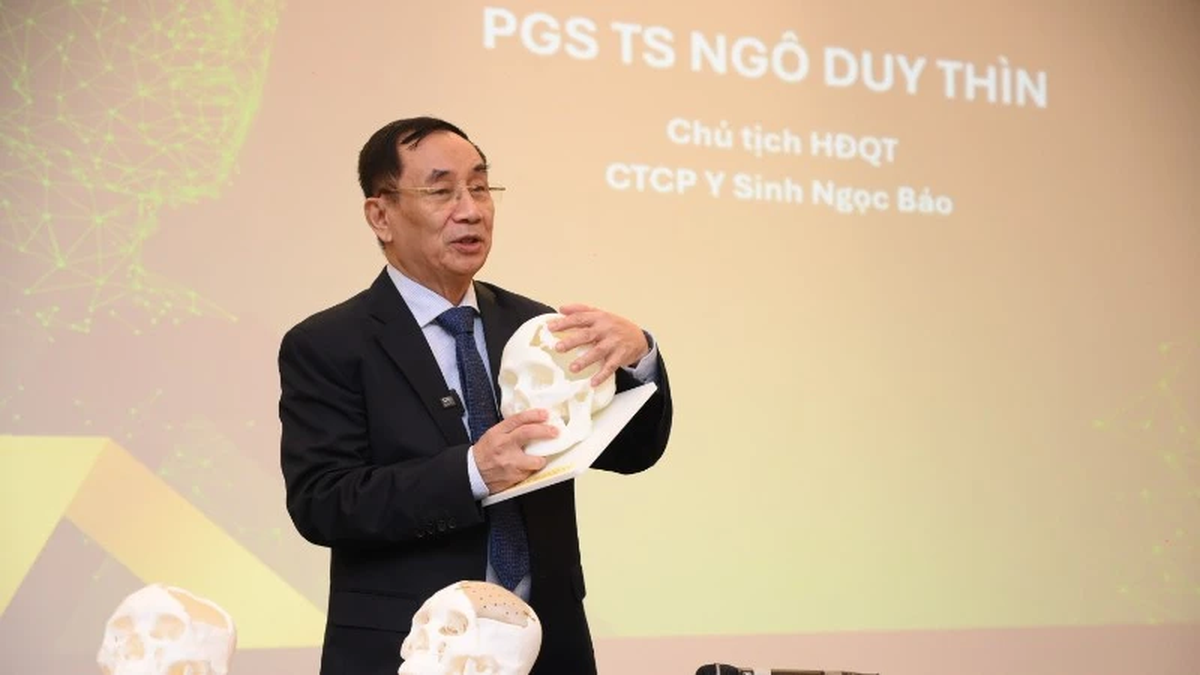
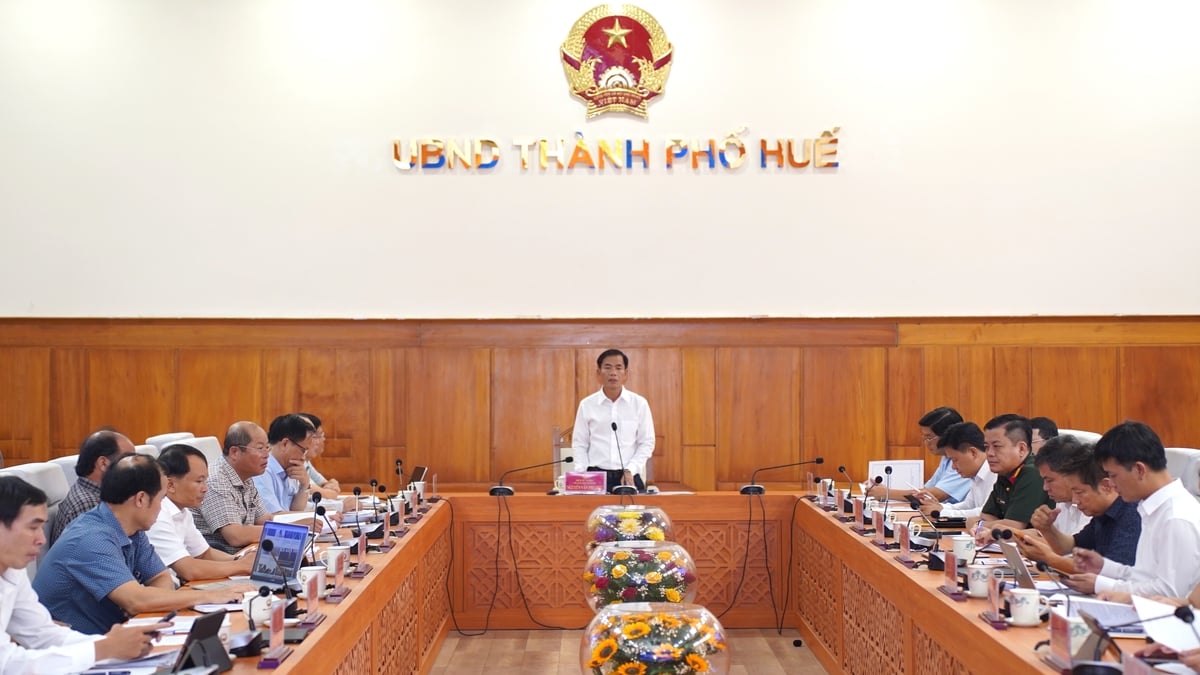





















































































Comment (0)